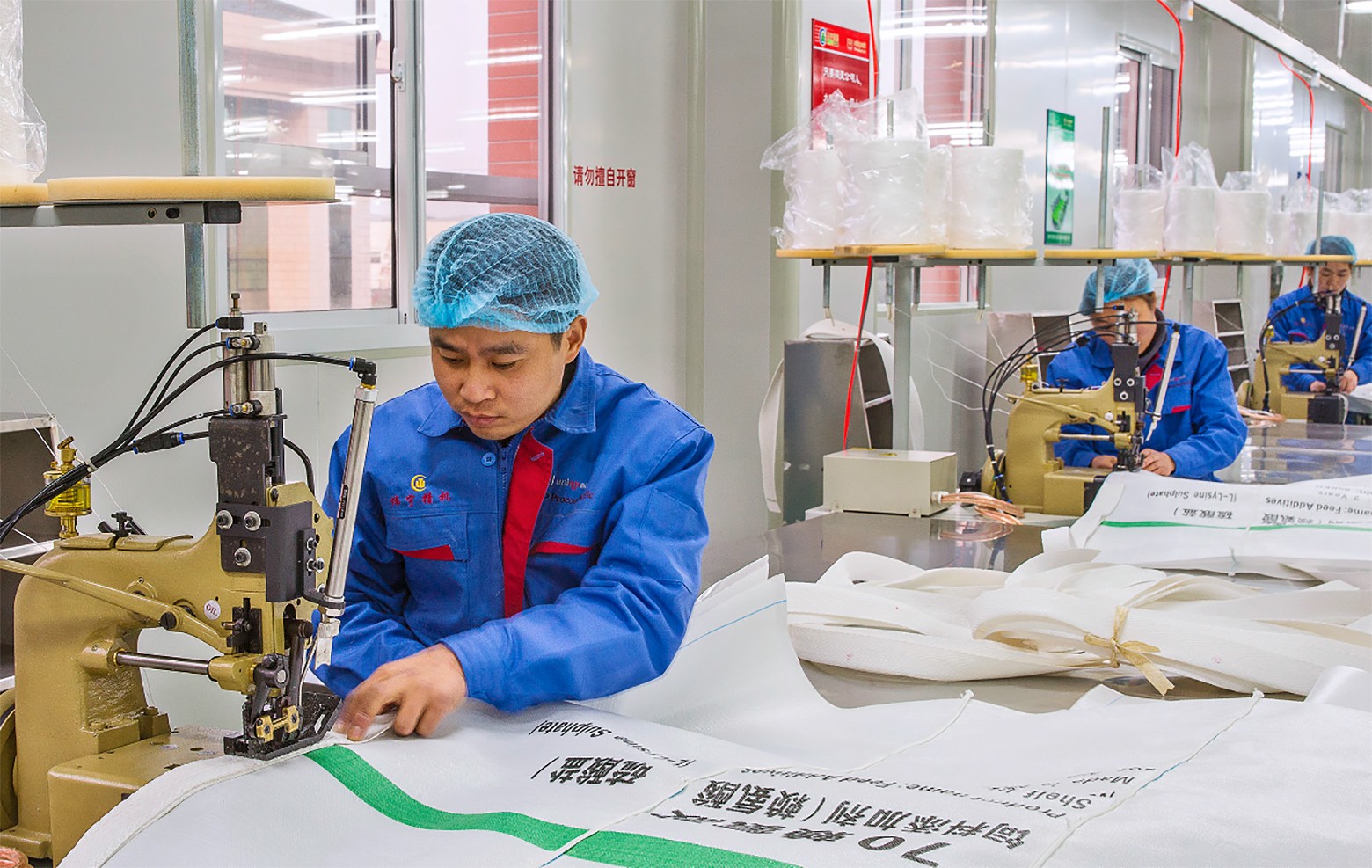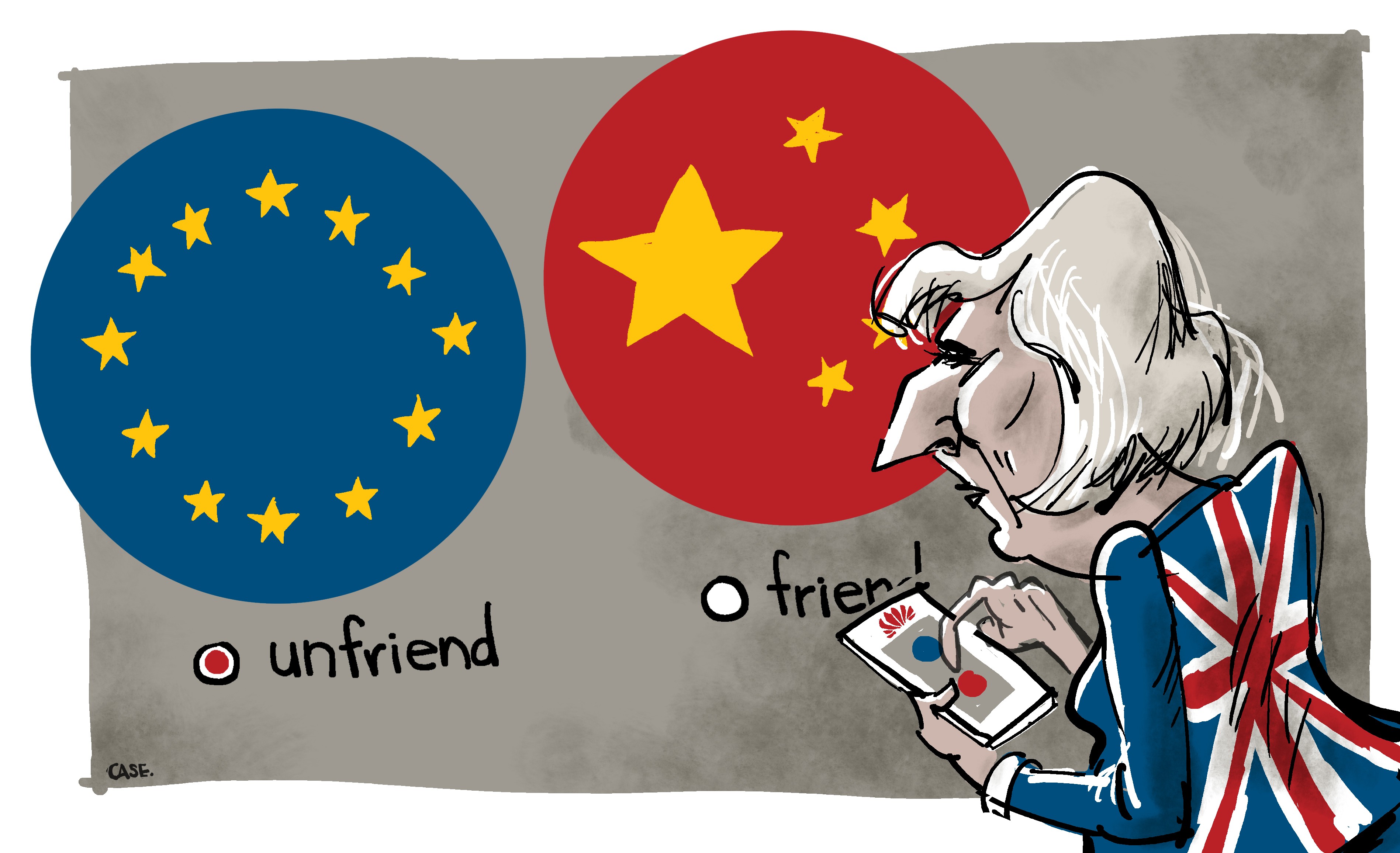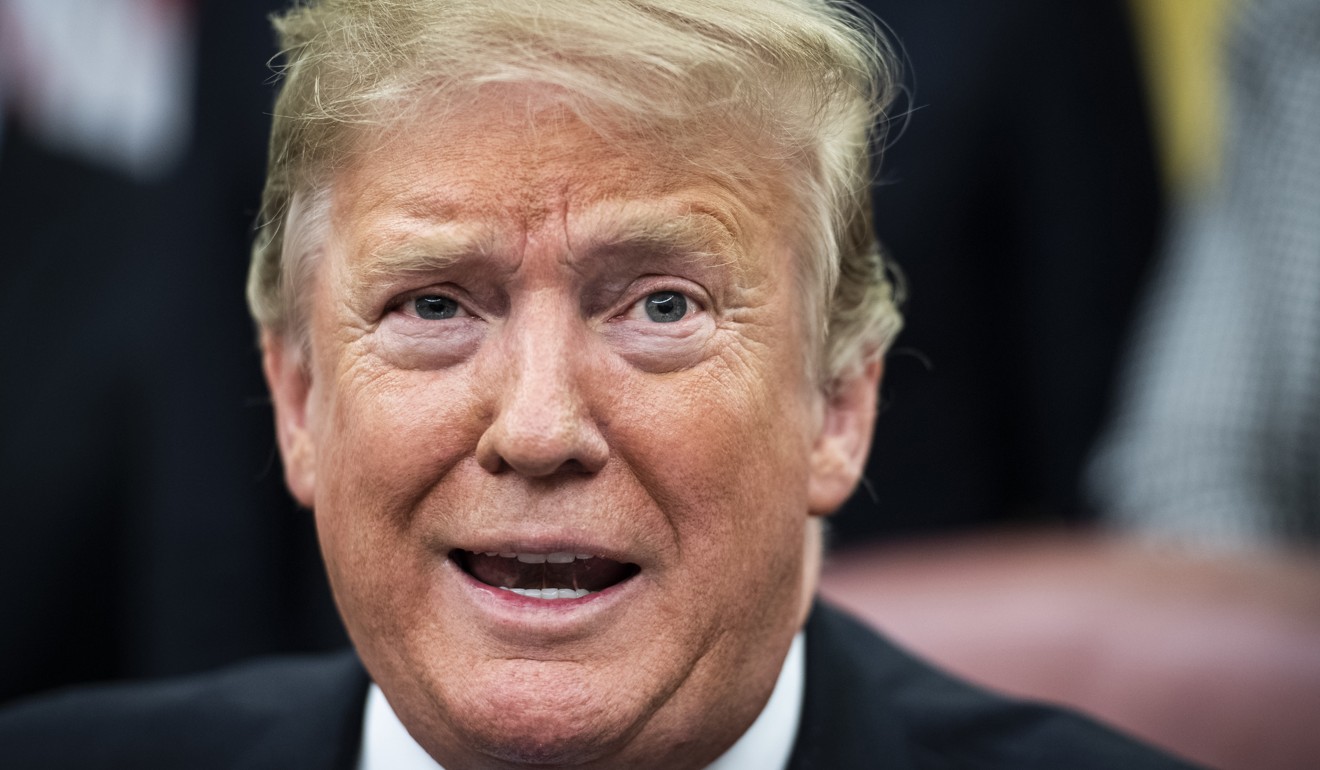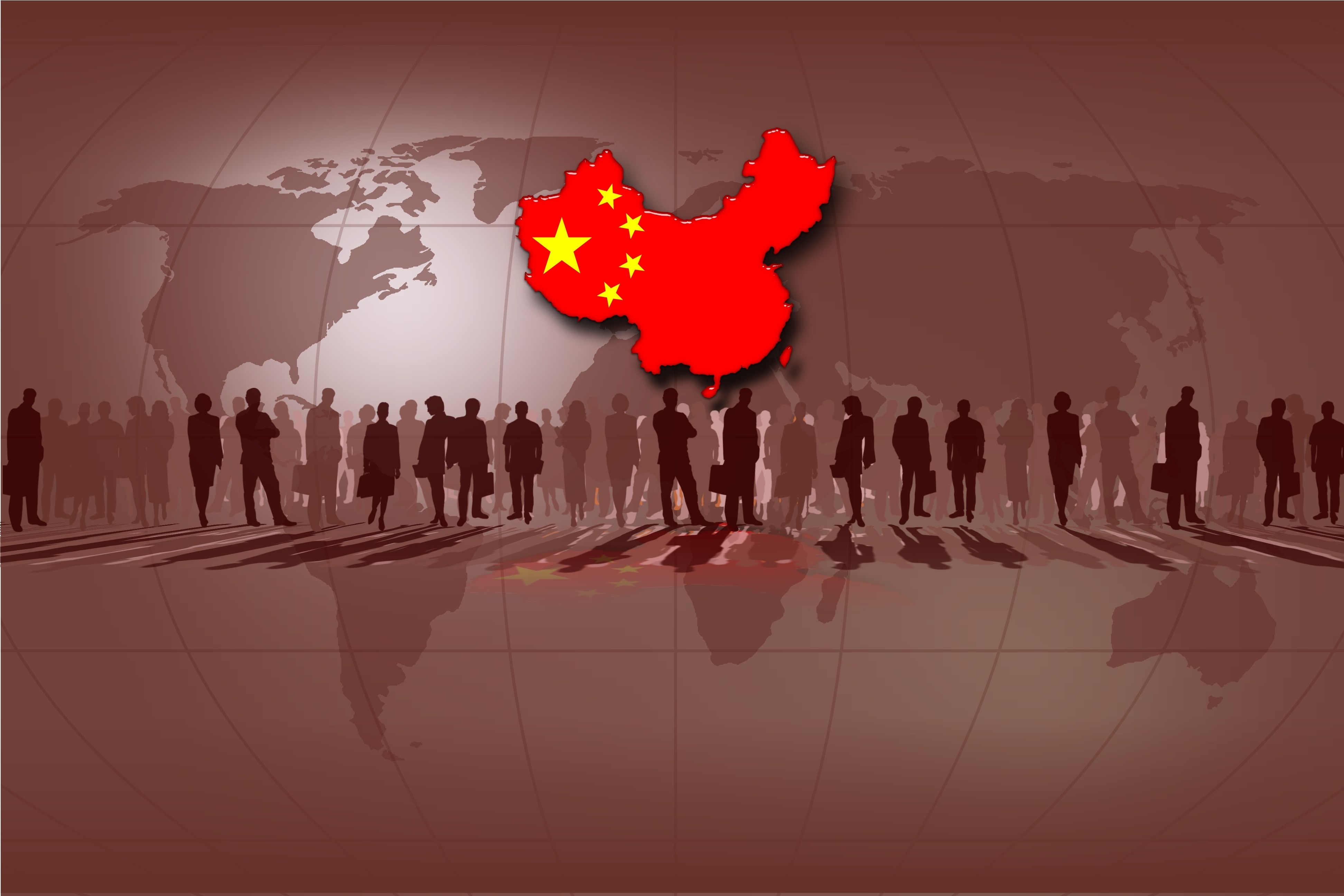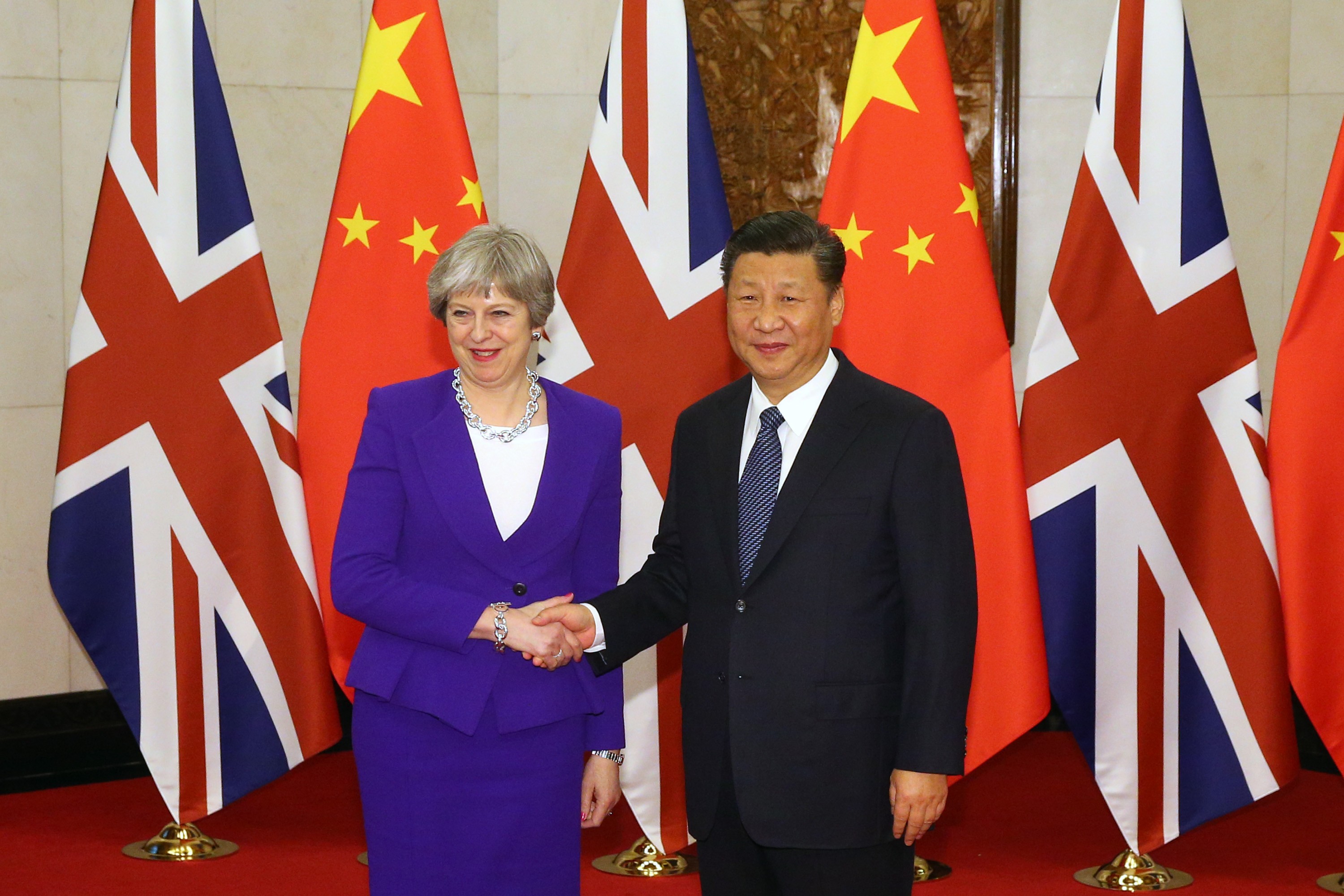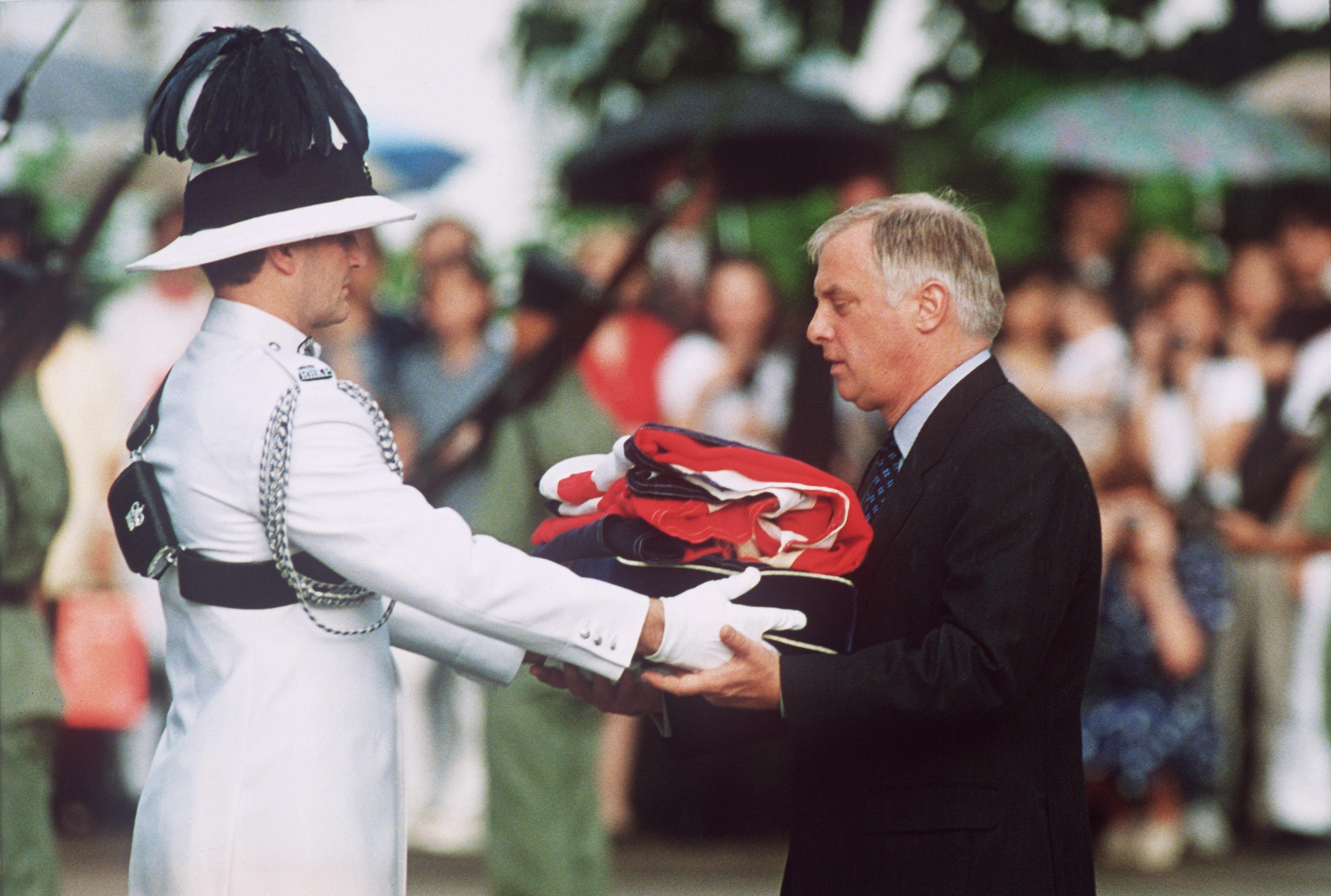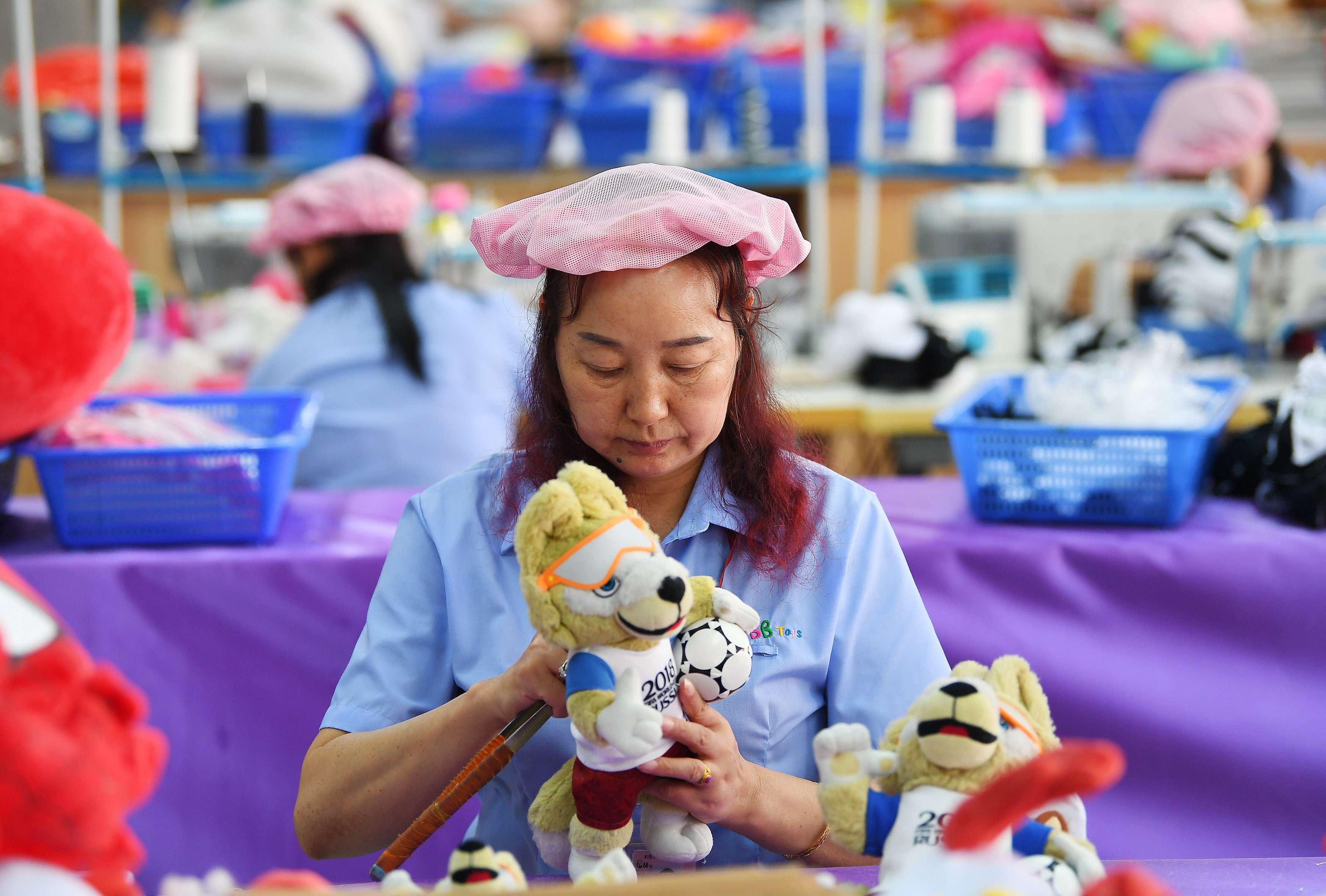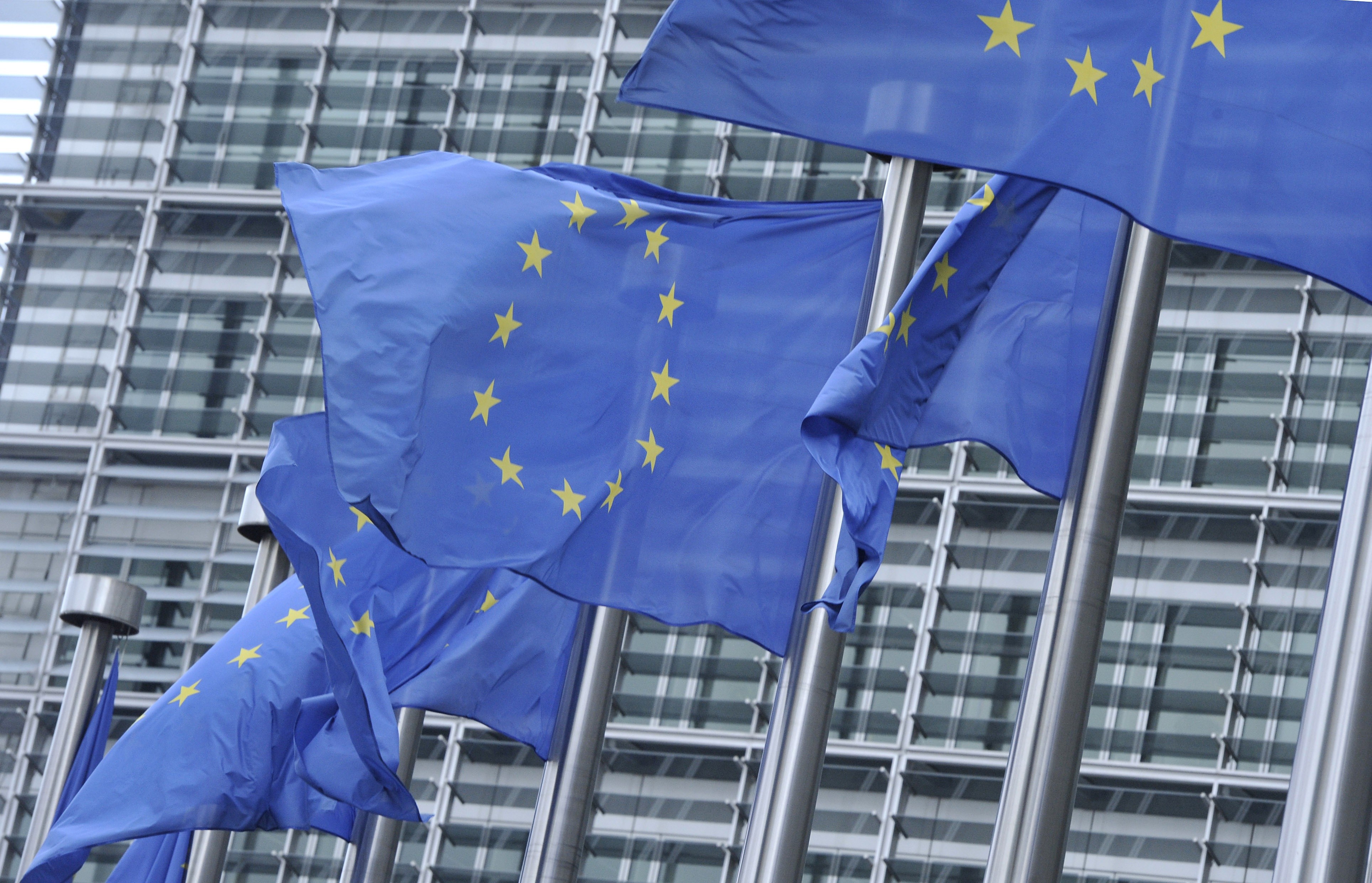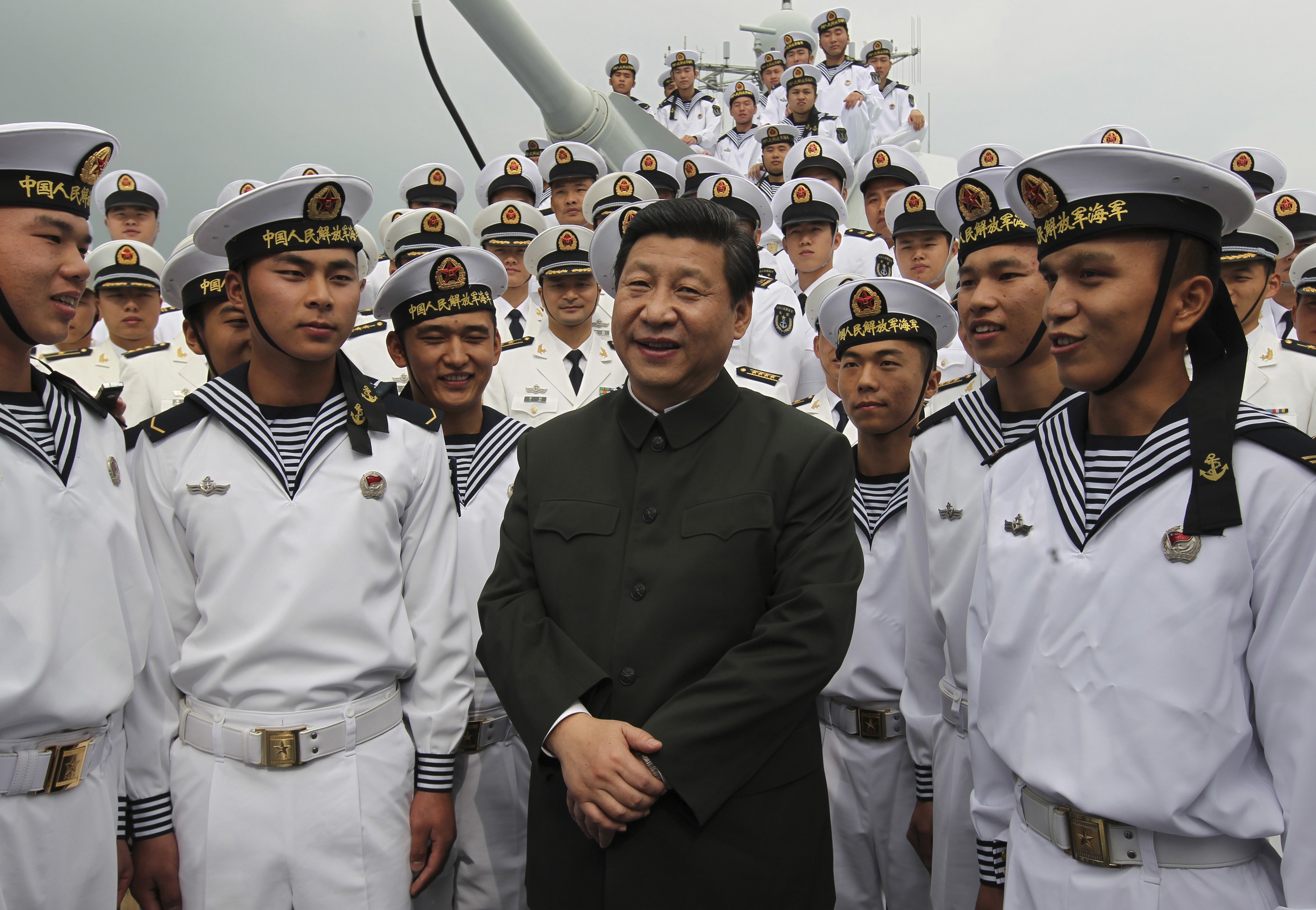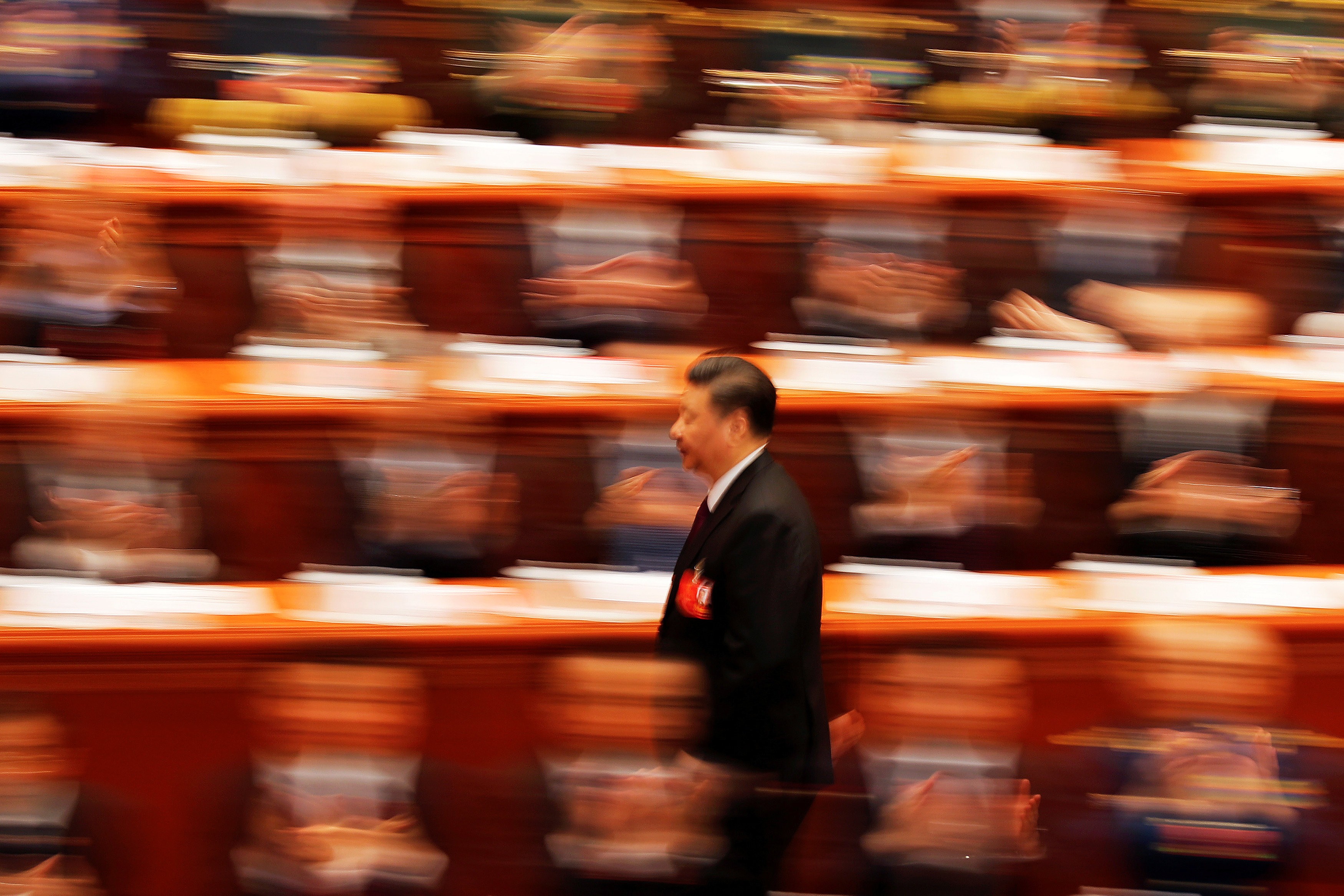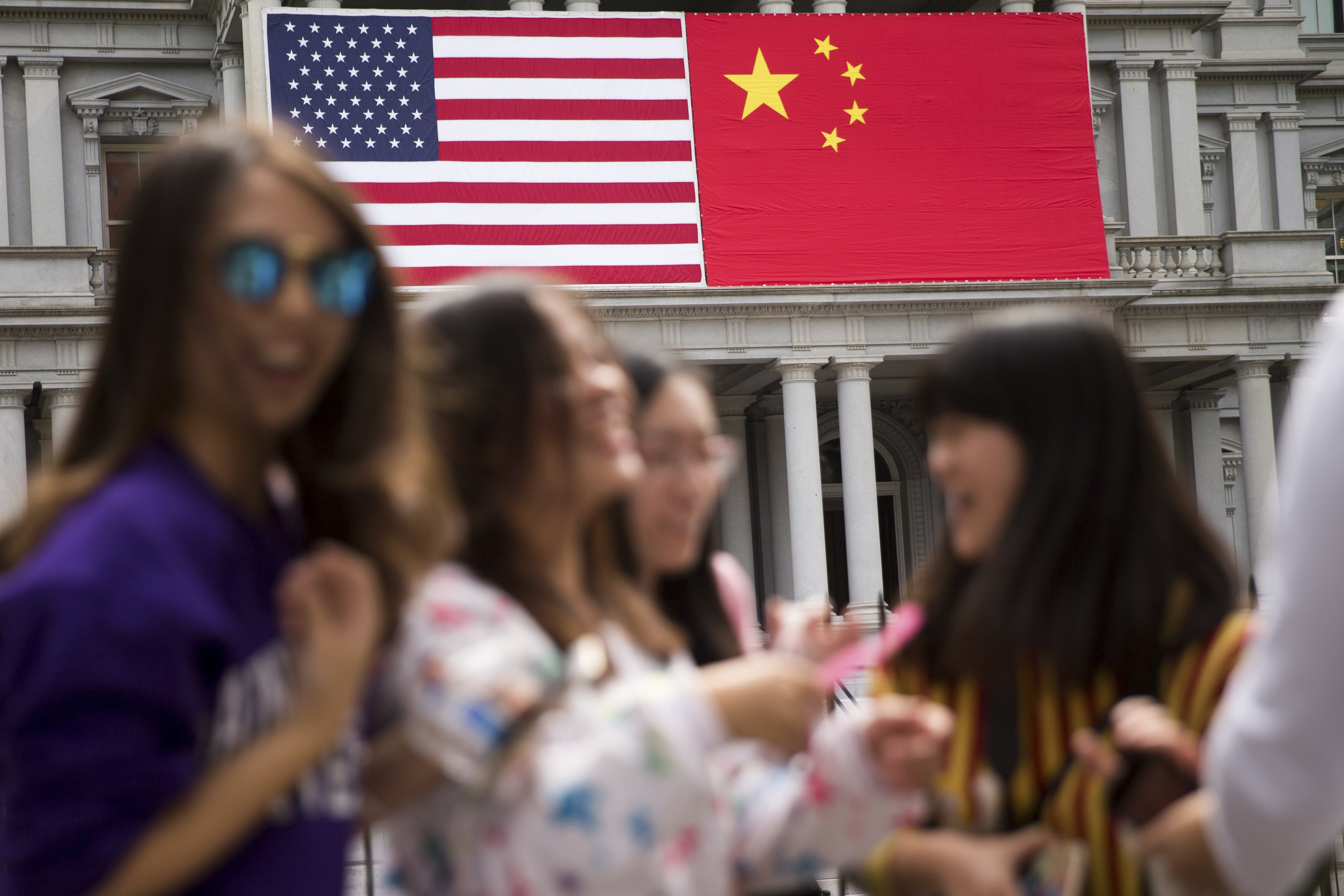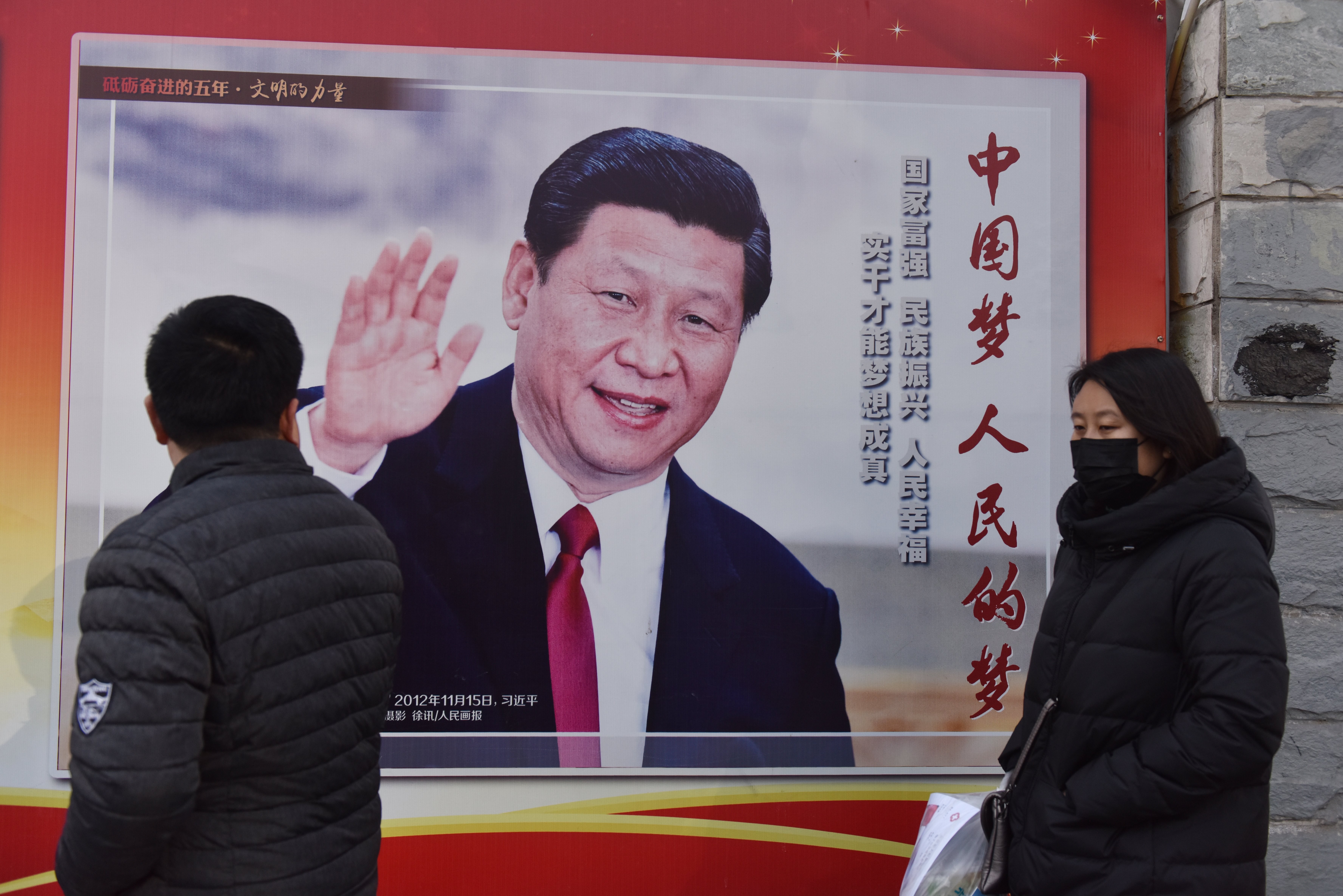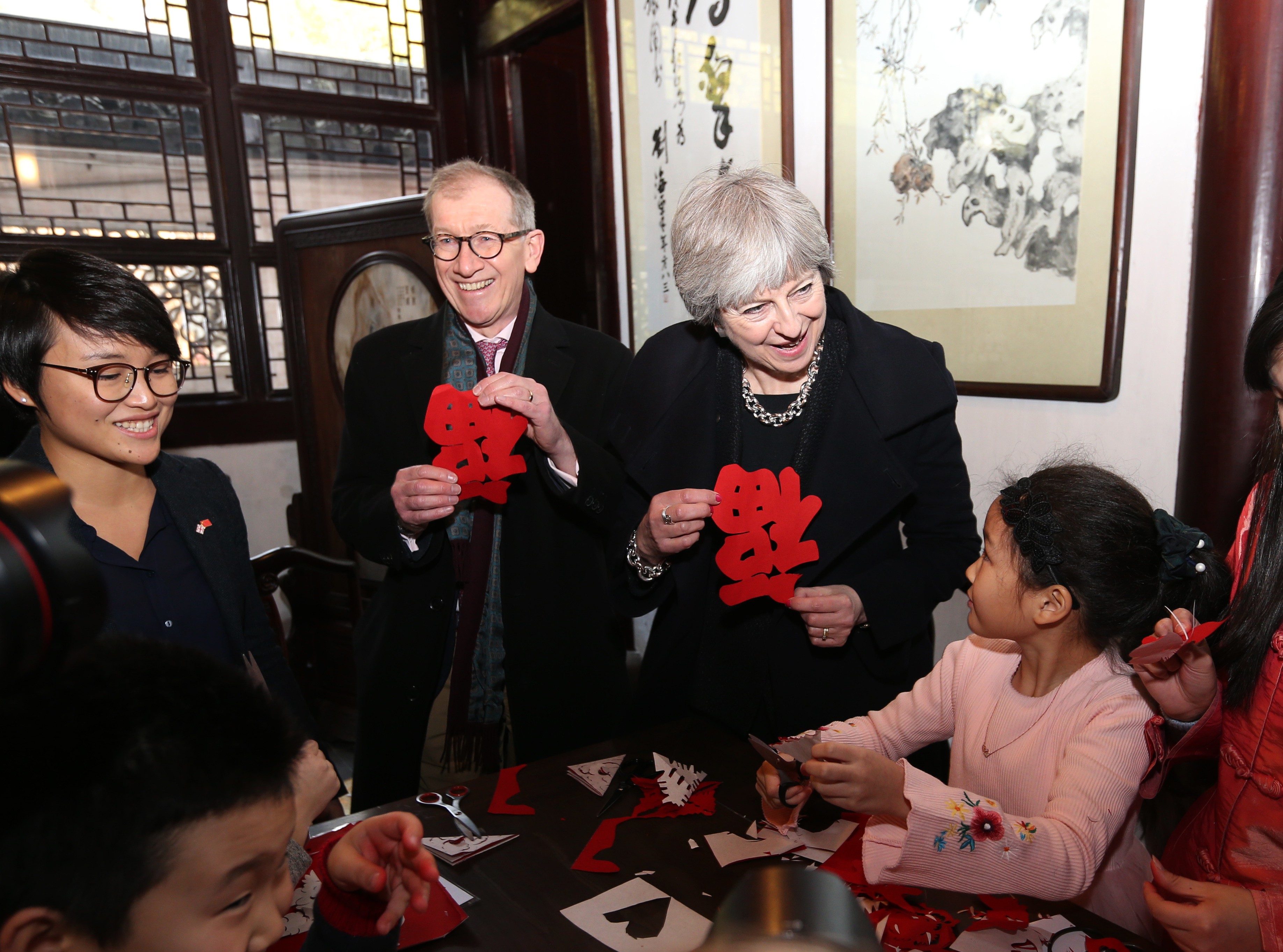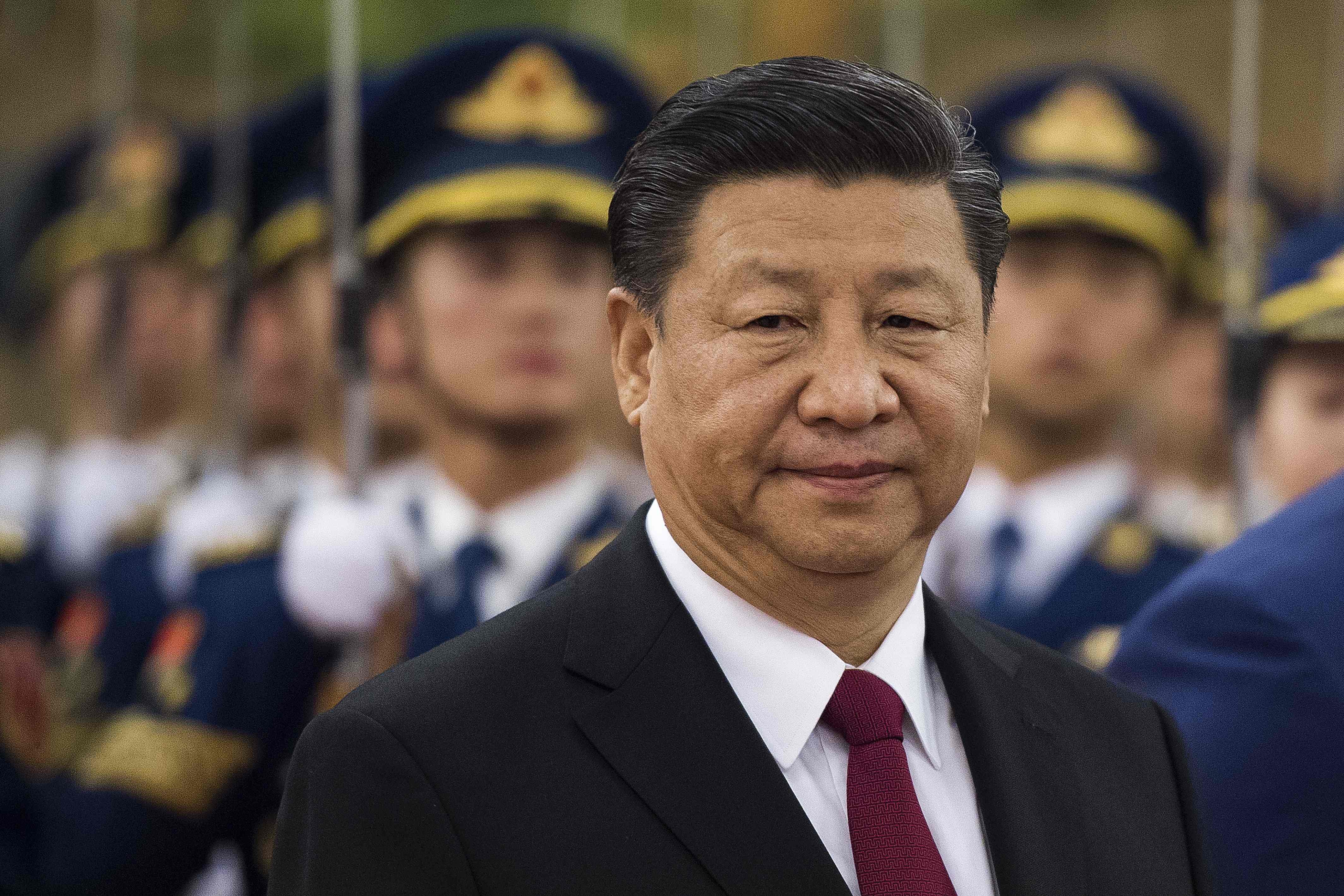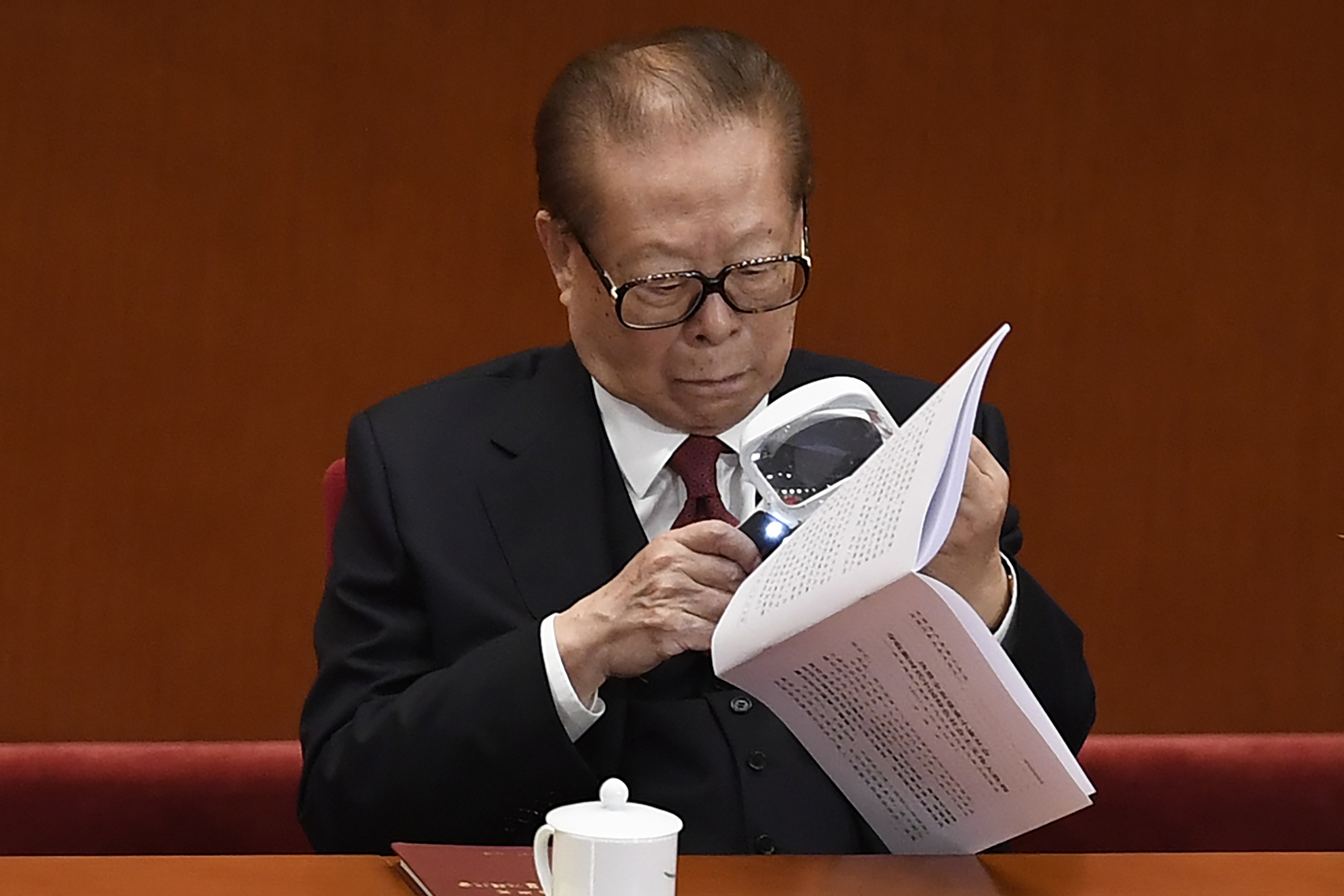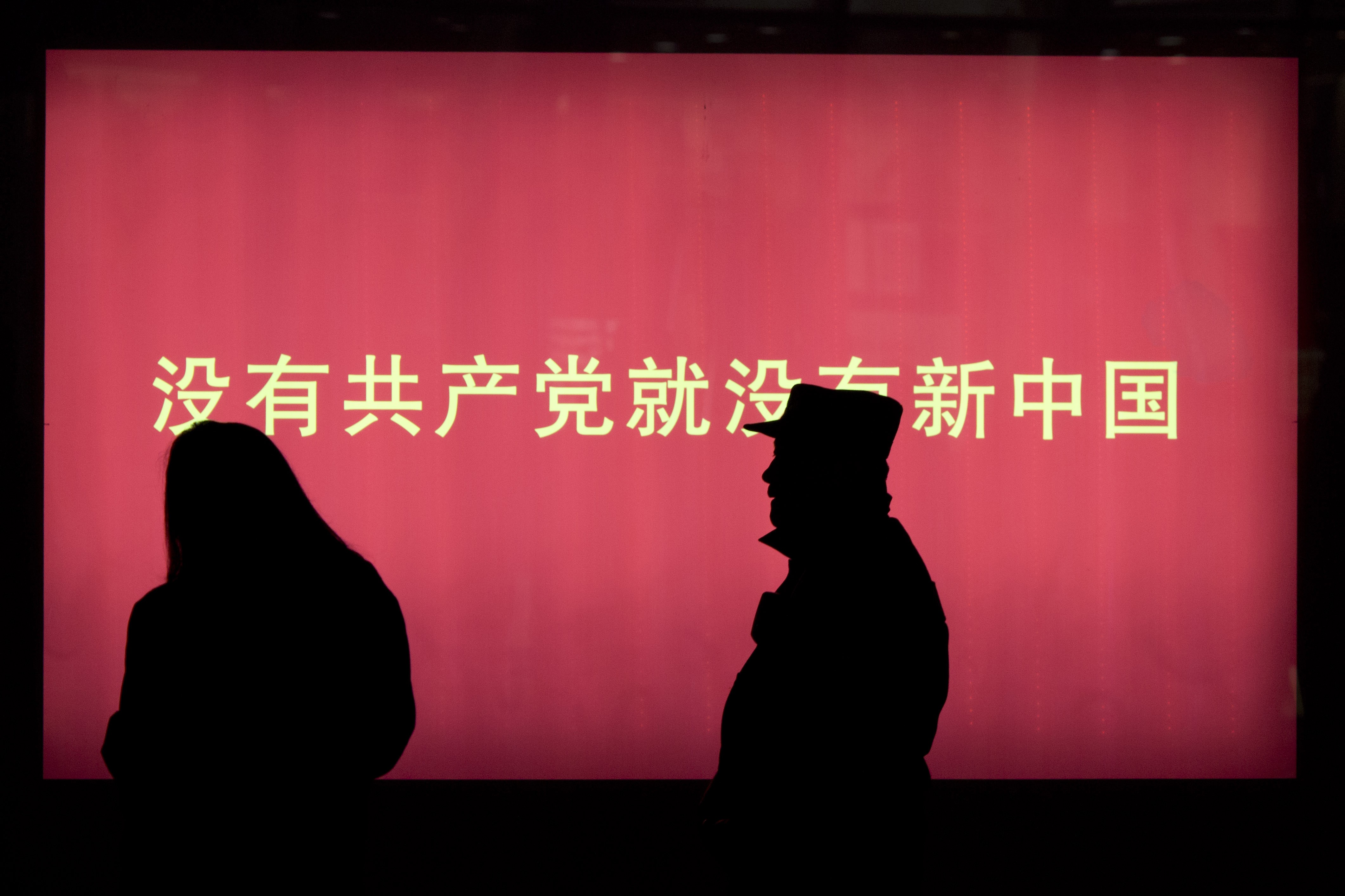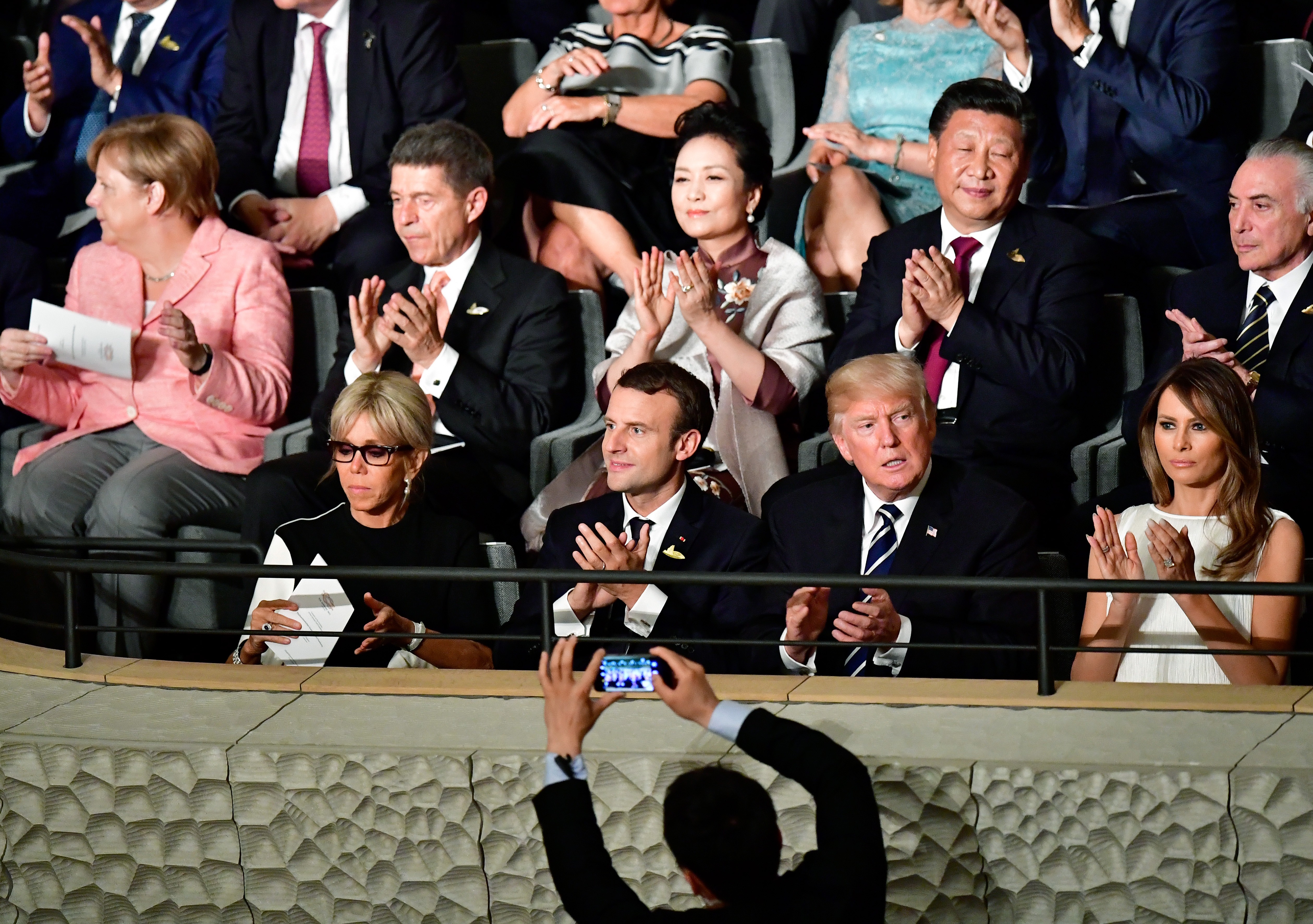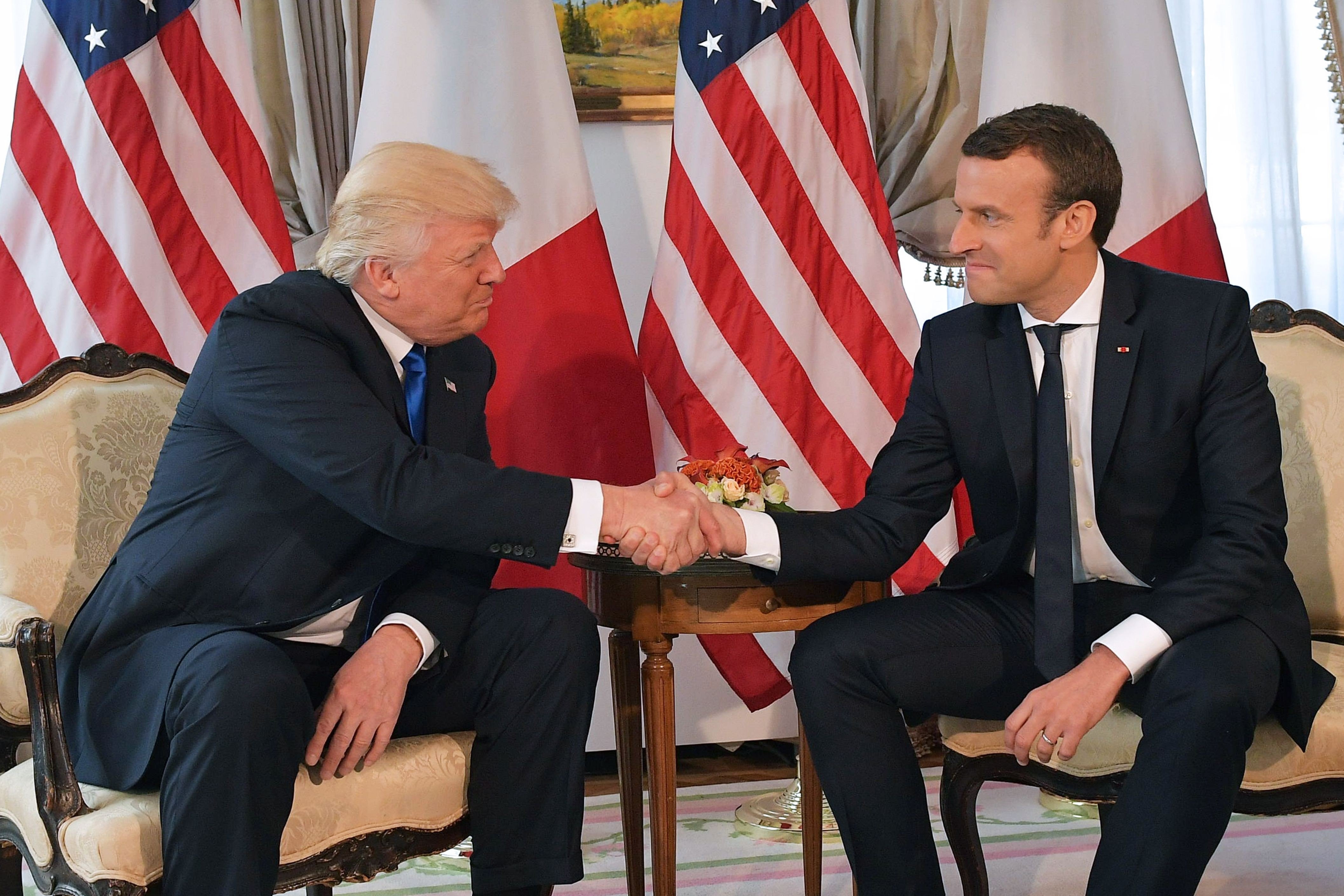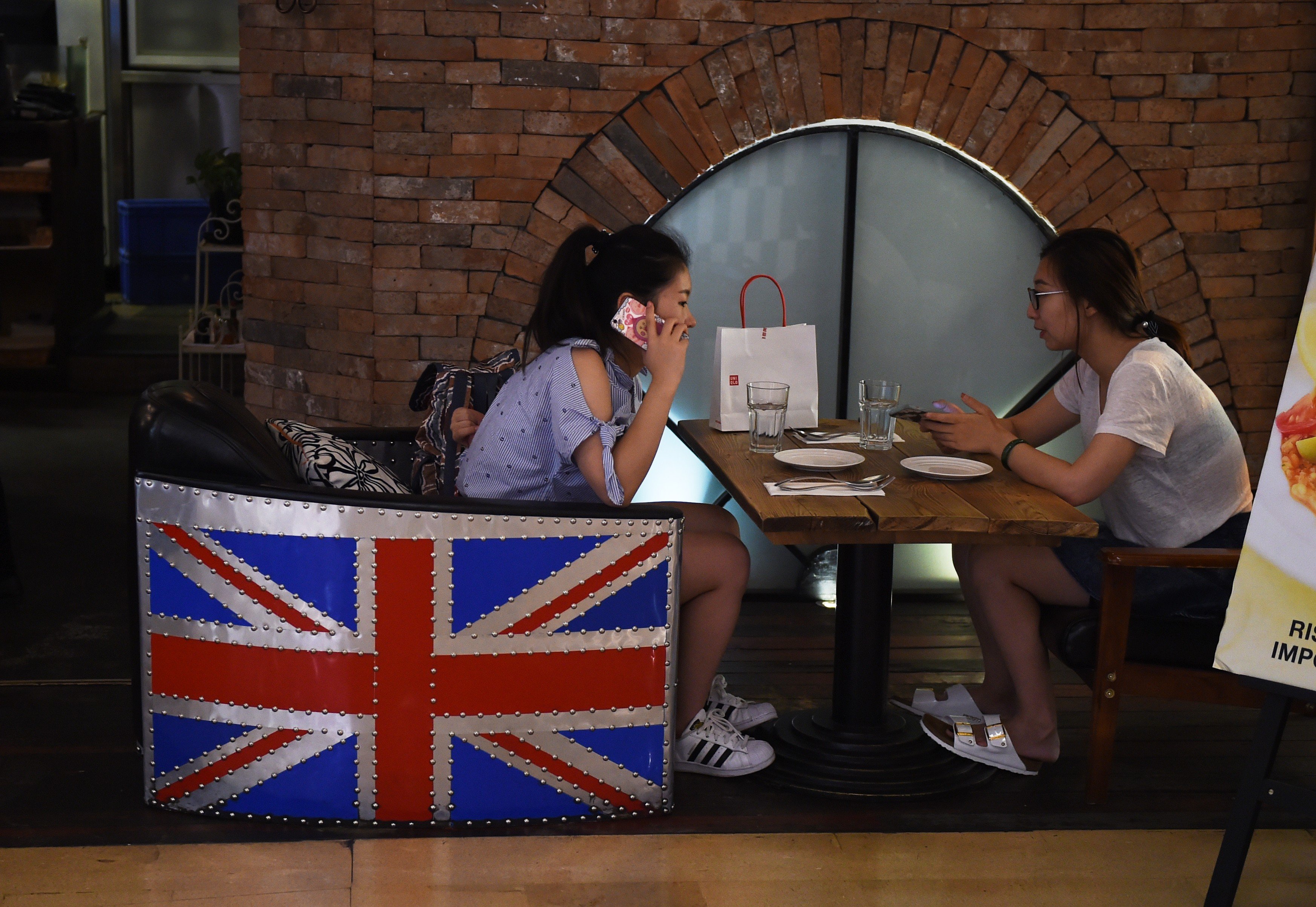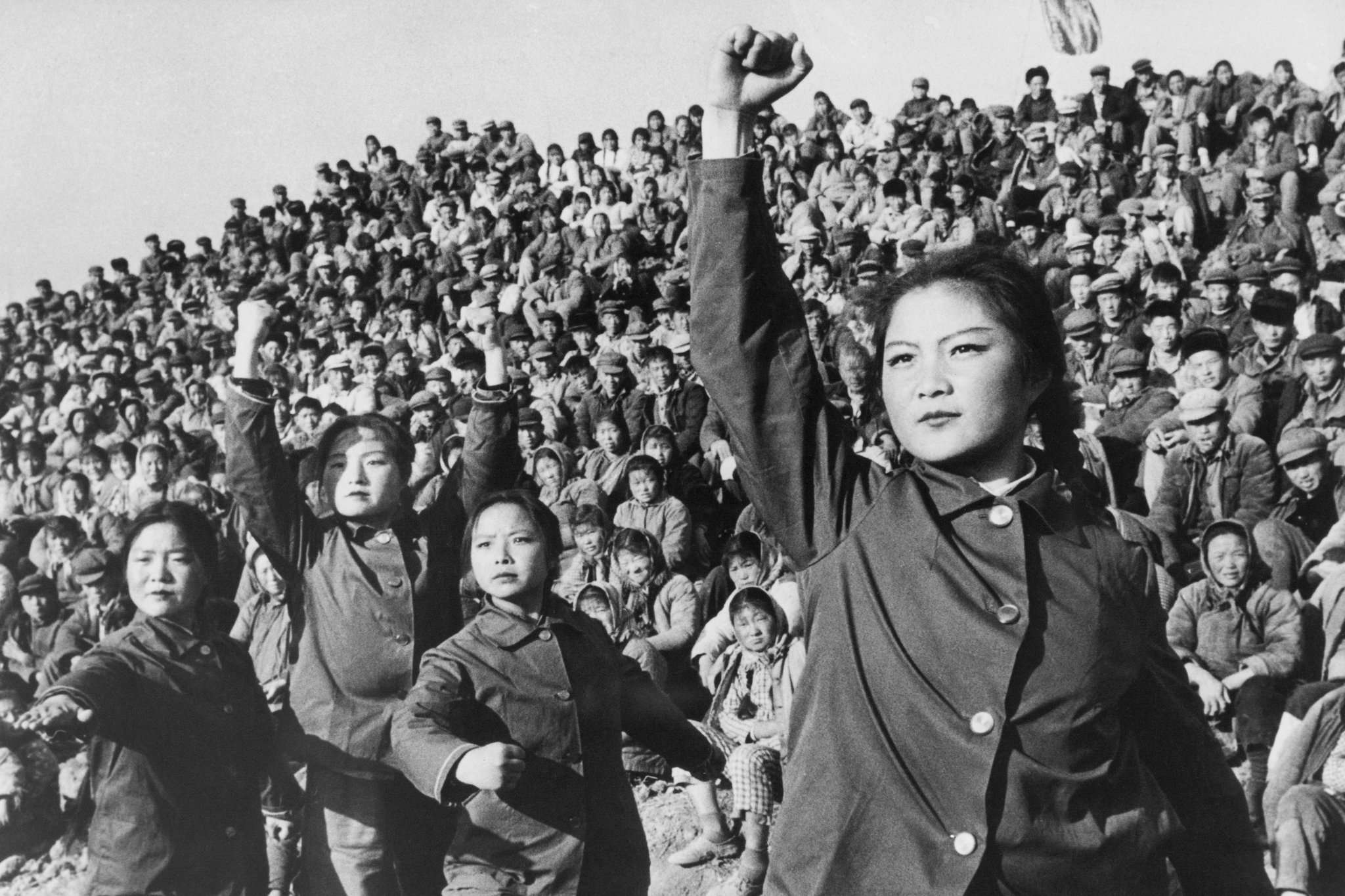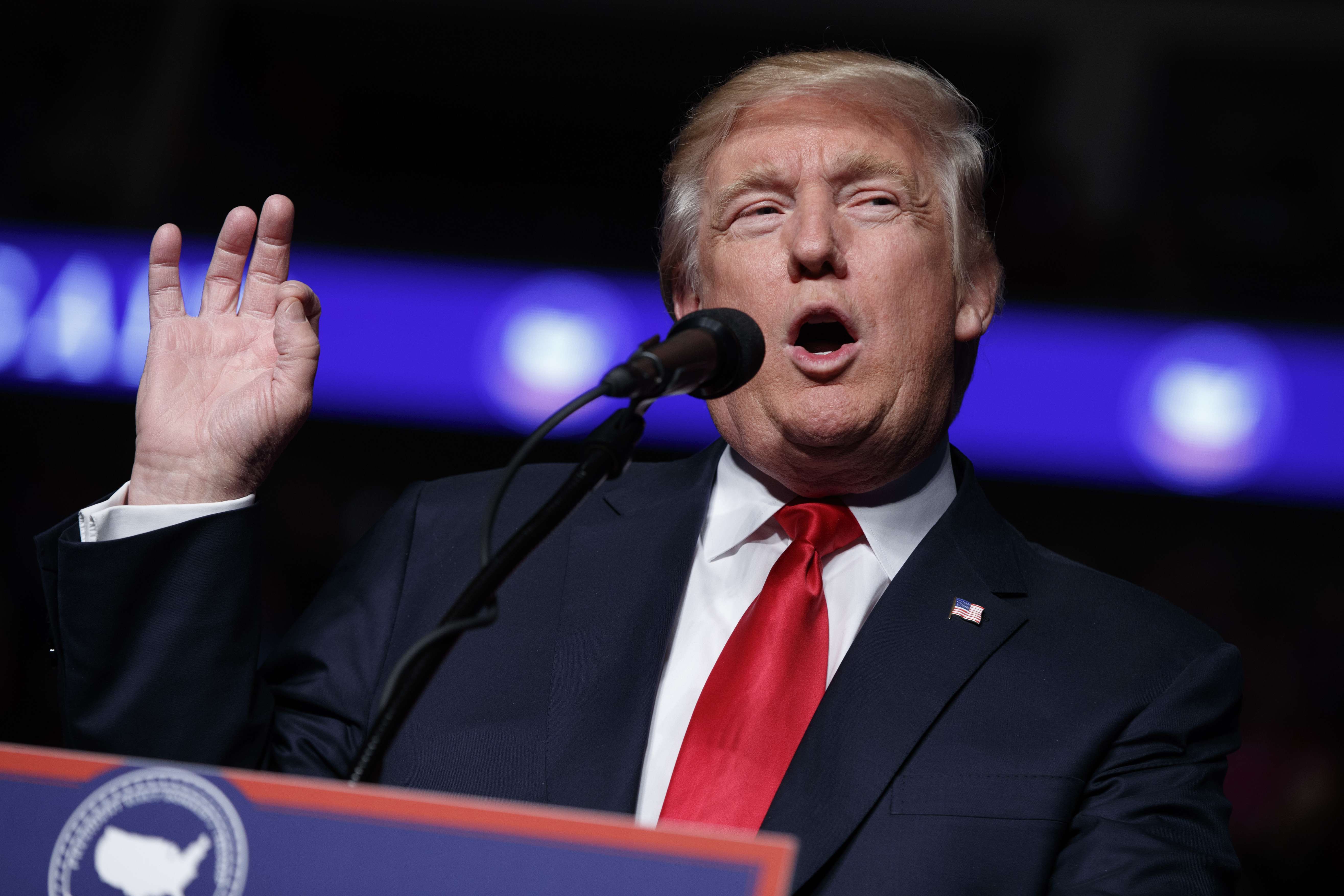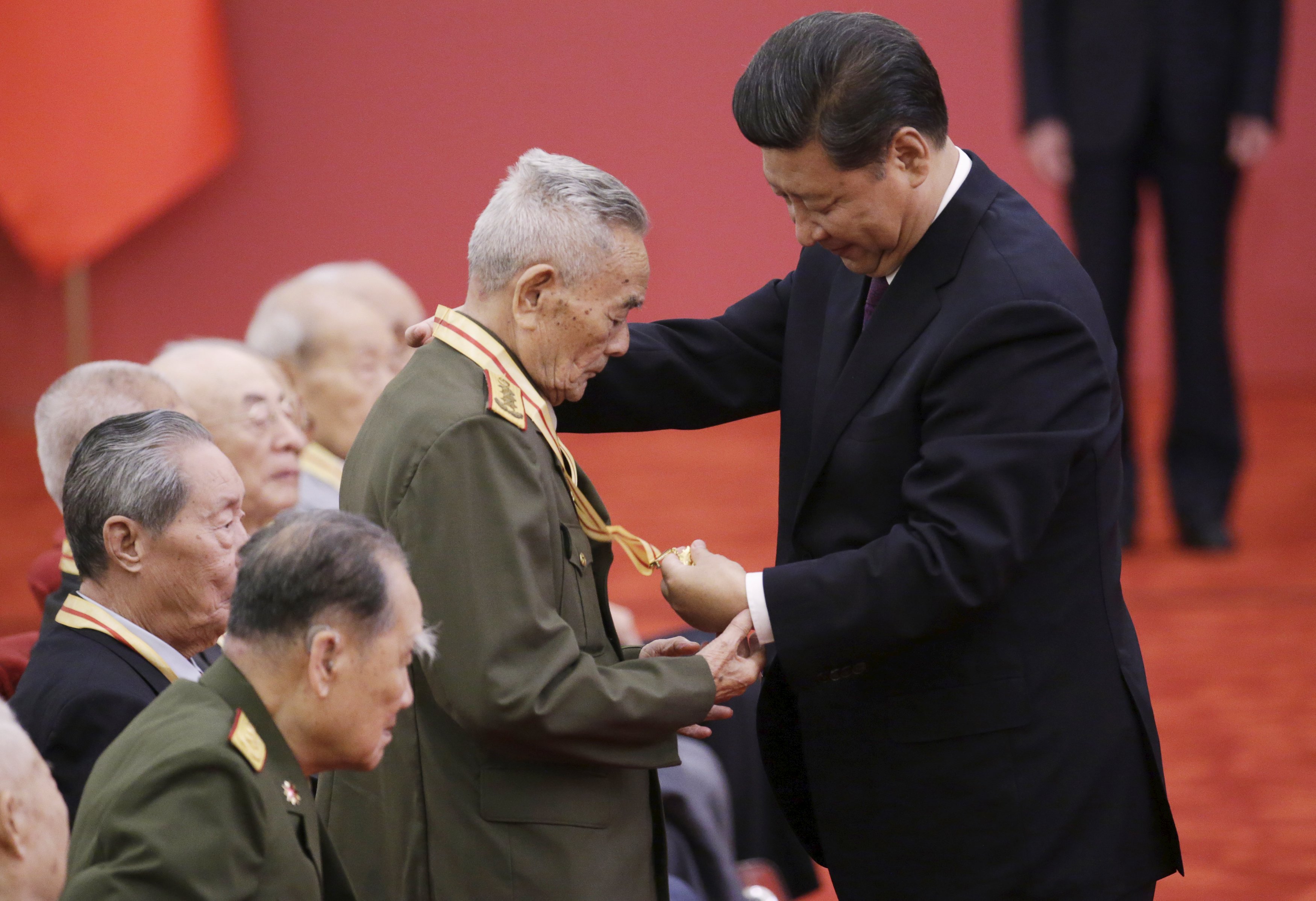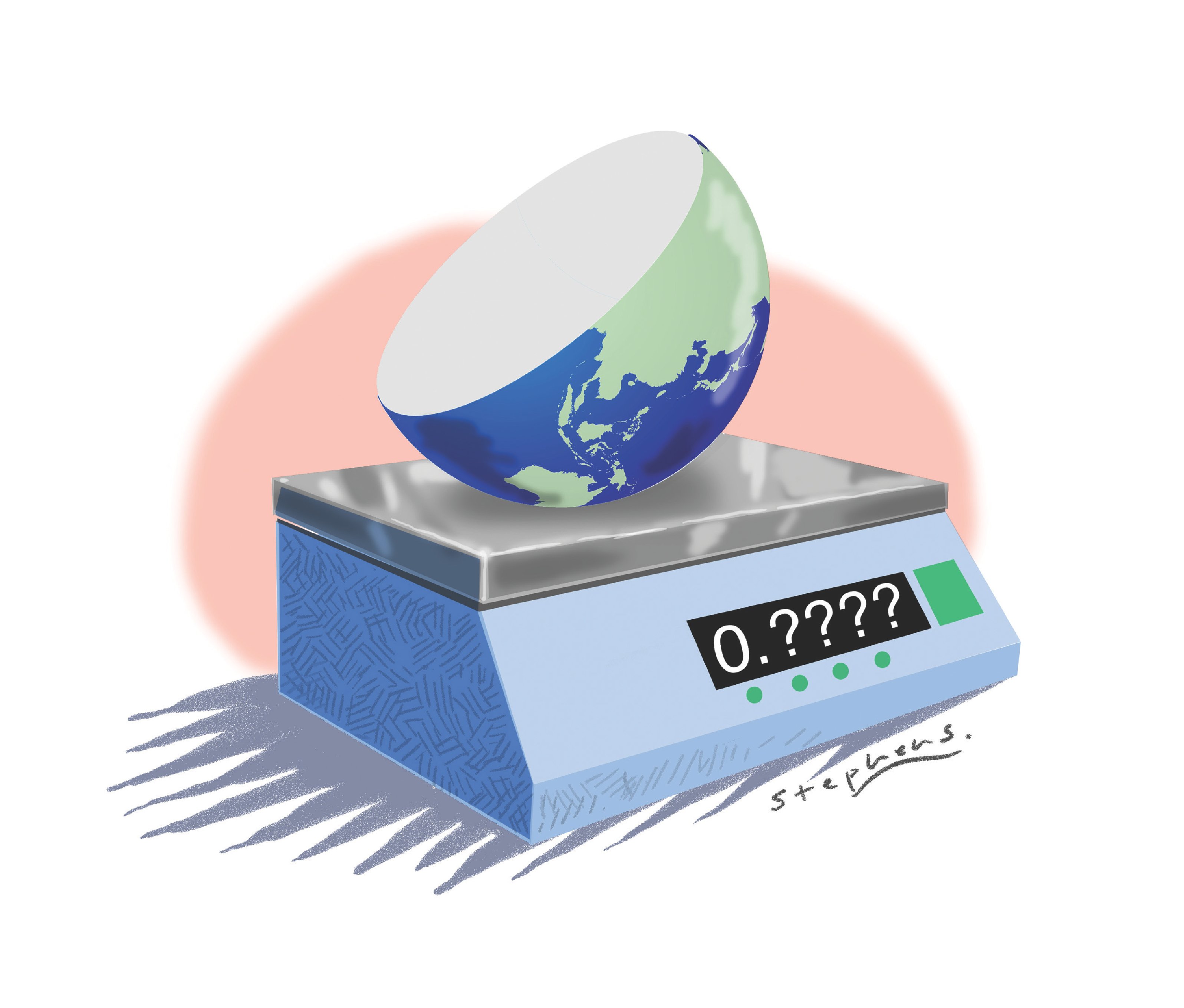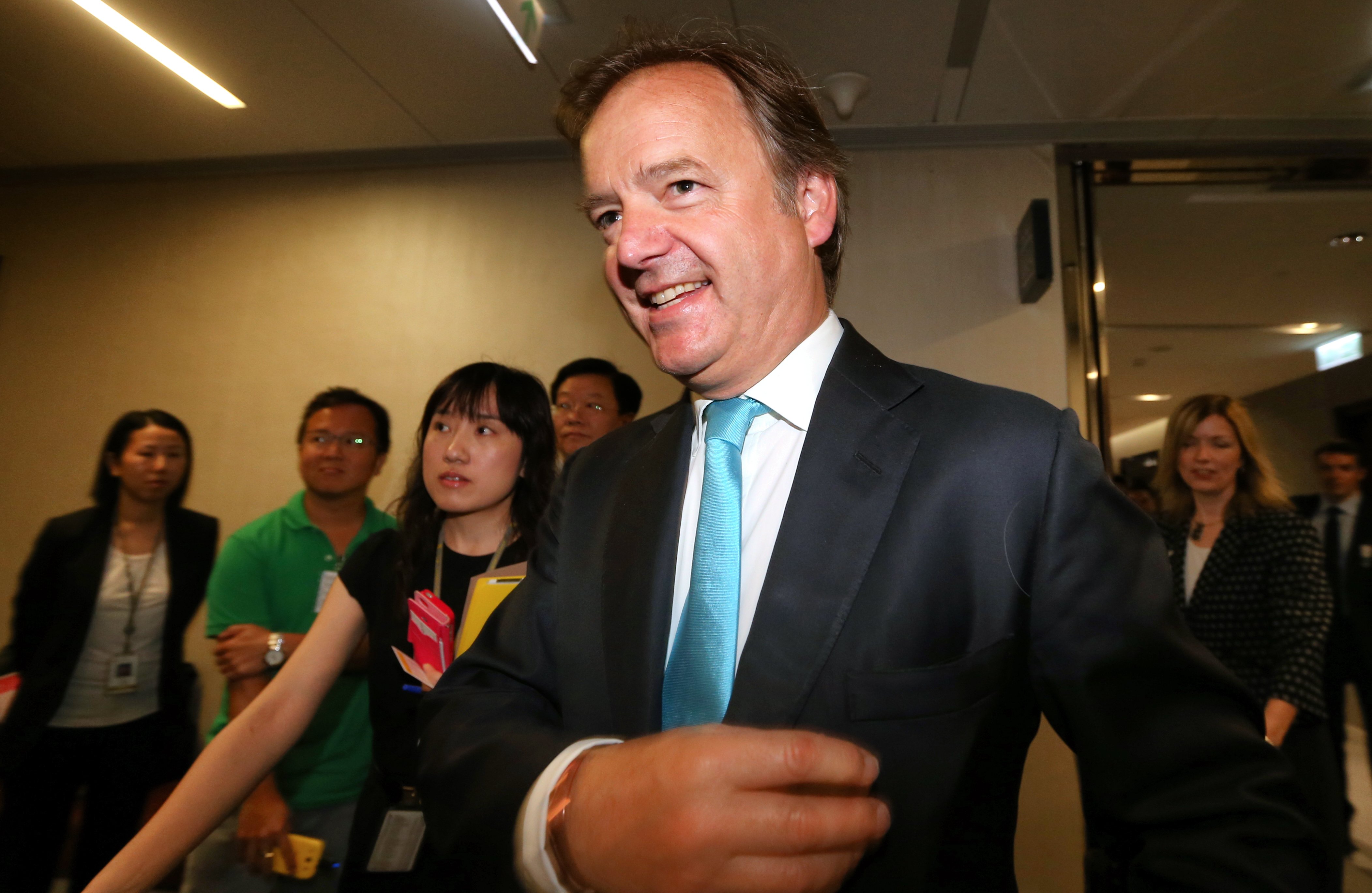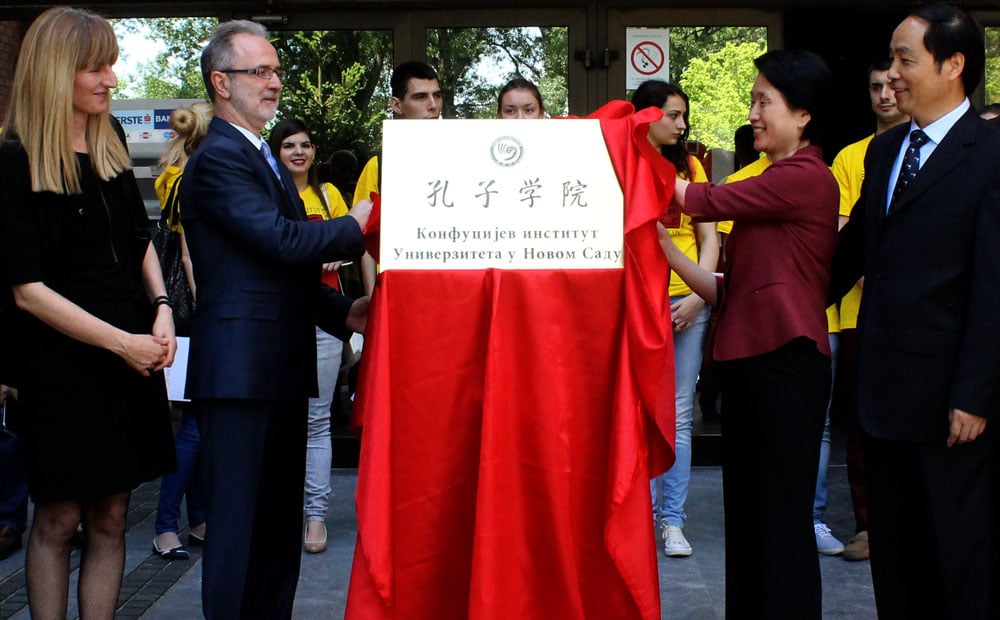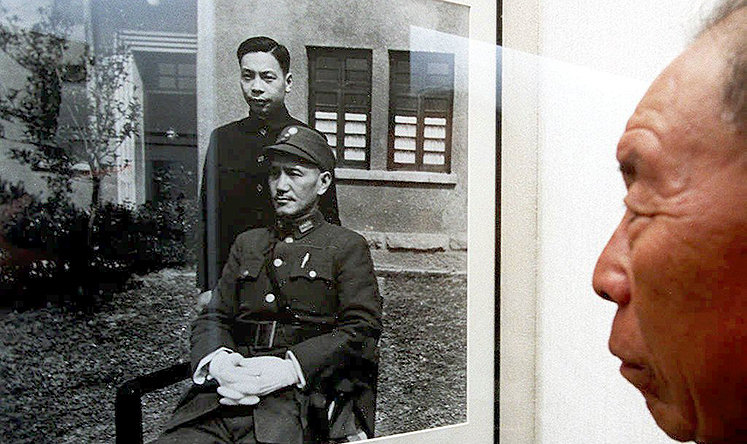Advertisement
Advertisement

Kerry Brown
Kerry Brown is professor of Chinese Studies and director of the Lau China Institute at King’s College, London, and an associate on Chatham House’s Asia-Pacific Programme.
Beijing and London have in the past built a relationship guided by a more realistic understanding of their differences in aspirations and values, and must do so again as distrust is impeding cooperation on issues of common interest.
As the Chinese and American presidents meet at the G20 summit in Japan both are ultimately trying to appeal to one group of people: China’s middle class, the greatest economic asset on the planet.
China has not loomed large in the British consciousness until recently, but with Brexit on the horizon, Huawei tech and investment look inviting enough for the UK to disregard US concerns.
Mired in Brexit and desperate for friends outside Europe, Britain is keen to court Chinese investment. But as the UK’s decision to send a warship to the South China Sea shows, its warm words are likely to be empty ones
Advertisement
Beijing’s economic and geopolitical rise is causing a major shift in the global order, but anyone hoping for a one size fits all solution to the tit-for-tat disputes and repeated misunderstandings needs to think again, writes Kerry Brown.
Canberra has been thorough in examining its position on a rising China. London’s response is one of complacency verging on indifference.
The UK was meticulous in negotiating the handover of its colony to China – an issue remote to most Britons. Now it’s rushing like a lemming towards a cliff regarding a far more substantive domestic issue. What gives?
Though it’s only qualified for the event once – in 2002 – Beijing still has its eyes squarely on landing the event later this century, and its plan is subtle yet unrelenting.
Squabbling between the former allies is likely to work in the ultimate interests of only one country: China.
A grand psychological struggle is under way, in which China’s supreme confidence and unity under Xi Jinping is forcing the West to re-examine its assumption that self-criticism is a virtue
Never has so much been at stake for China, which explains its ever-tightening grip on society. As its time in the global limelight nears, there can be no room for improvisation, if there ever was.
Washington and Beijing may not admit it, but the truth is our planet, for the first time ever, is in the sway of two globally entangled empires. Does this brave new era need more ‘cold warriors’ – or an open-minded approach?
To a Chinese population healthier and wealthier than ever before, a perpetual presidency may seem a price worth paying. But turbulence – or worse – in the years ahead would make it far less compelling.
Refusing to endorse the Belt and Road Initiative and securing hefty trade deals gives the British prime minister a much-needed political victory.
By depicting the murderous upheaval unleashed in one cluster of villages in Hunan, author Tan Hecheng brings out the senselessness of what Mao Zedong unleashed – and offers remarkable testament to Chinese historians’ work
For all the controversy surrounding the opening of hundreds of Confucius Institutes across the world in the last decade, one crucial factor has been overlooked: Confucius himself.
With Xi Jinping dreaming of a Chinese renaissance and Ma Ying-jeou battling for final support for a landmark trade and services deal with the mainland that might make or break his legacy, perhaps now is a good time to ask who in the Greater China area will be rated well in the decades ahead.


